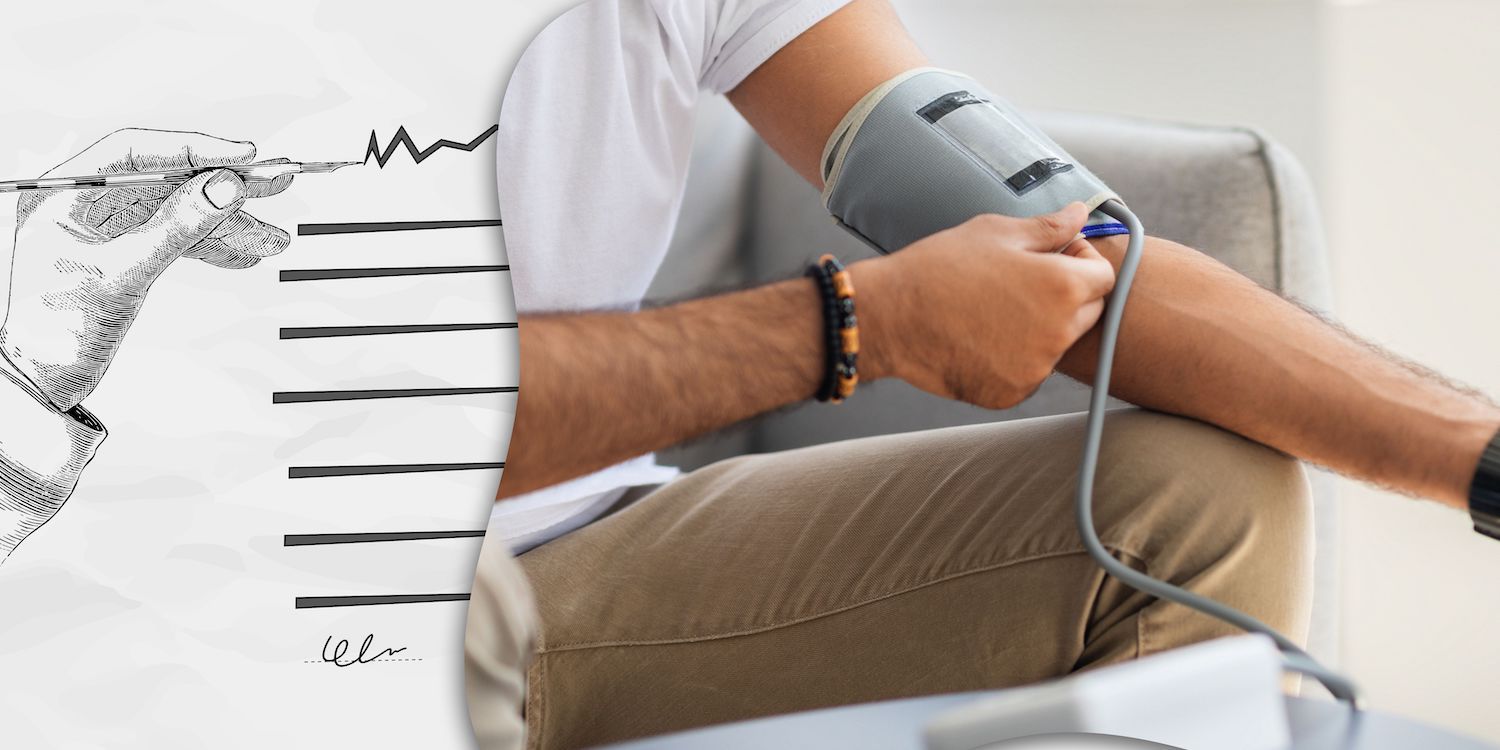what is heart failure? complex, chronic and misunderstood
knowing the differences between heart failure, heart attack and cardiac arrest is a lot more important than an exercise in medical terminology. it is critical for people to know what to do when they have symptoms.
diagnosed with heart failure: managing symptoms, finding support and getting the right treatment plan
if left untreated, severe heart failure can require hospitalization on a ventilator or for surgery for blocked arteries or heart valve repair. heart failure is among the top reasons for hospitalization in canada.
hypertension and high blood pressure: doctors warn it may have no symptoms
cardiologist dr. diego delgado discusses what you need to know about hypertension — a potentially life-threatening condition with no symptoms.
 8 minute read
8 minute read









